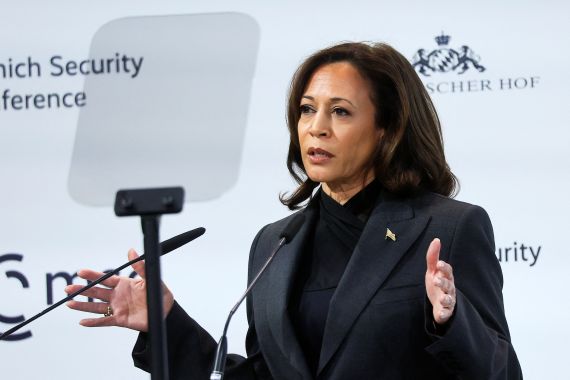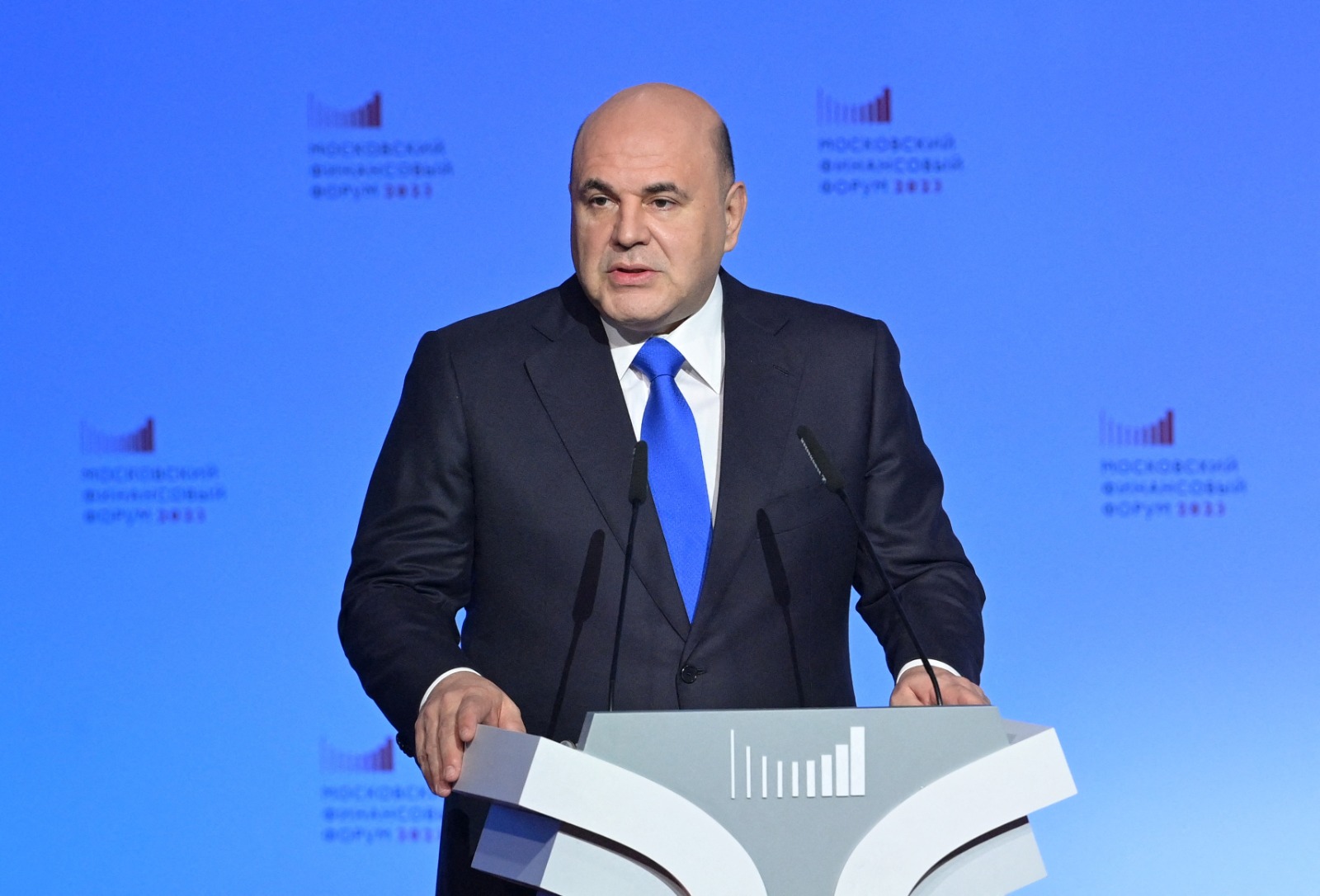In a resolute statement on the Israel-Hamas conflict, Vice President Kamala Harris reiterated the Biden administration’s stance that the United States will not be sending troops to Israel or Gaza. Amid growing dissent among U.S. officials regarding the nation’s approach to this ongoing conflict, Harris emphasized that the U.S. is providing advisory, equipment, and diplomatic support to Israel. As the debate over Washington’s position on the war in Gaza intensifies, this stance has taken center stage in the international arena.
VP Kamala Harris Reiterates US Stance on Israel-Hamas Conflict
Vice President Kamala Harris, speaking in a recent CBS interview, underscored the United States’ advisory role in the Israel-Hamas war. Harris made it unequivocally clear that U.S. troops will not be deployed to intervene in the conflict. She emphasized that the U.S. is offering advice, equipment, and diplomatic support to Israel but is not prescribing a specific course of action for the nation.
Harris pointed out that the U.S. recognizes Israel’s right to defend itself, particularly in response to acts of terror perpetrated by Hamas, including the recent attack during a concert that claimed the lives of hundreds. However, she also underscored the importance of distinguishing between Hamas and the Palestinian population. Harris stressed the need for Palestinians to have equal measures of safety, security, self-determination, and dignity. She emphasized that adherence to the rules of war and the provision of humanitarian aid are crucial elements of the U.S. approach.
Growing Dissent Among US Officials Over Israel Policy
Despite Vice President Harris’s statements aligning with the White House’s stance, signs of friction are emerging within the diplomatic circles of Washington. A group of Democrats, advocating for a ceasefire, has expressed frustration with President Biden’s unwavering support for Israel, especially in light of the blockade and bombardment of Gaza.
Reports indicate that U.S. diplomats are preparing a “dissent cable” that criticizes Washington’s policy on the Israel-Hamas conflict. This document, once finalized, will be submitted to State Department leaders. One State Department official described the situation as a “mutiny brewing within State at all levels.” This discontent was further underlined by the resignation of State Department official Josh Paul, who cited the U.S. administration’s stance on the Israel-Hamas conflict as a reason for his departure.
Paul’s resignation was accompanied by a strongly worded LinkedIn post in which he condemned Hamas’ attack on Israel but expressed deep concern about Israel’s response, as well as the American support for that response and the status quo of the occupation.
Humanitarian Concerns Mount as Gaza Conflict Persists
An unclassified diplomatic cable, dated October 24, revealed that the U.S. Office of Palestinians Affairs in Jerusalem had warned the White House about the dire situation faced by Palestinians in Gaza. The office called on Washington to take action to address the crisis. However, President Biden’s subsequent doubt over the reported number of casualties in Gaza stirred further dissent within the U.S. regarding its humanitarian response.
Critics, including Palestinian American public health expert Yara Asi, labeled the president’s remarks as “appalling,” asserting that it further dehumanized Palestinians. U.S. Senator Brian Schatz expressed deep concern after a near-total communications blackout in Gaza, highlighting the dire humanitarian situation faced by civilians, including a lack of essential resources.
There are indications that the Biden administration is beginning to respond to the growing criticism. Reports suggest that Washington exerted pressure on the Israeli government to restore communication channels. Additionally, the White House announced that President Biden called for an acceleration of humanitarian aid to Gaza in recent phone calls with Israeli Prime Minister Benjamin Netanyahu and Egyptian President Abdel Fattah Al-Sisi.
These efforts reflect the Biden administration’s commitment to protect civilian lives and ensure that Palestinians in Gaza are not displaced to other nations. Nonetheless, while some humanitarian aid has reached Gaza through Egypt’s Rafah crossing, concerns persist that the current flow remains insufficient to meet the needs of the 2.3 million people living in Gaza, described by the UN and other agencies as a “drop in the ocean.”
















